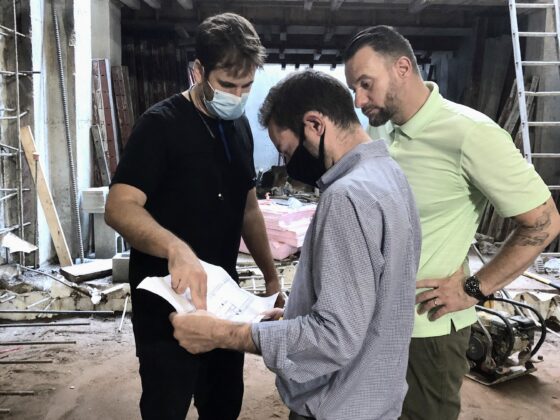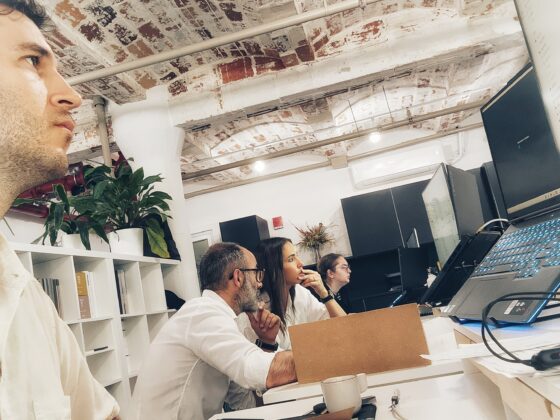
The 9 questions you should ask at the start of a project.
There are 1000s of things to do when starting a new project. This is why having right professionals on your side is essential. There several questions you are going to need to ask your architect and several more you are going to need to ask yourself before you move forward.
QUESTIONS YOU SHOULD ASK YOUR ARCHITECT:
1) Have you worked on projects like this before?
It is good to get a sense of the experience level of who you are hiring. An architect who specializes in big box stores might not be the best suited for high-end historic residential restorations. That said, if the answer is no, that should not be an instant disqualification. Sometimes excellent and creative ideas can come from designers who are thinking about your problem from a unique perspective.
2) What challenges can I expect?
A good architect will love this questions. It can be hard in the early stages of a project for your professionals to outline some of the hardships that your project may represent for fear of coming off pessimistic or a naysayer. Giving the architect permission layout some of their concerns is an excellent way to set expectations.
3) How are your fees structured?
It is good to get an early sense of how the architect likes to structure their contracts. At KDA we work with several different fee structures, but other designers and architects have rigorous standards about how they charge for their services. Whether it be hourly, fixed, or percentage of construction – it is best for everybody to understand early how the compensation is going to be structured. If you want to learn more about architectural fees, click here.
4)What other professionals will I need to retain?
It is likely that the architect is not the only professional that will need to be hired. It would be good to get the architect’s opinion on who else might need to be brought on and how they will be retained (either through direct contact with you, or a pass-through contract with the architect.)
5)Will you be able to recommend some builders/contractors for this project?
It would be good to see if your perspective architect has preferred builders that they have a working relationship with. Depending on the complexity of your project, this relationship can save time and money as errors can be avoided through the fact that workflows have already been established.
6) Can you help me allocate a budget?
This can be a tricky – chicken and egg – issue. The architect is both equipt to design around your budget, as well as guide you in what the budget for your expectations should be. Be specific in what you need help here; there is often confusion that architectural and professional fees (soft-costs) are included in construction (hard) costs. They are not – so if you are confused about what a number included – ask!
QUESTIONS YOU SHOULD ASK YOURSELF:
1)What problem am I trying to solve?
Architects approach projects as design problems, and it would be good to put this question to yourself as it will help in the communication of your goals with your architect.
2) How much am I willing to spend?
If you know you are going to have a hard budget, you should try your best to figure out what that is and communicate it to your architect sooner than later. The faster everybody is on the same page about money – the better your architect will be at delivering the best value for your dollar.
3) Could I survive a road trip with this person?
You should have a good feeling and good relationship with your architect. The truth is there are likely several talented people who would be able to complete your project, but the best outcomes emerge from respectful and collaborative relationships. Building a new home is a little like taking a road trip. It is fun and exciting, but it can also be extended and harrowing. You want whoever is going to be on this journey with you to be somebody that you can talk to honestly, enjoy their company, disagree (fight) with knowing that you will be able to come out the other side with a mutually acceptable understanding.




